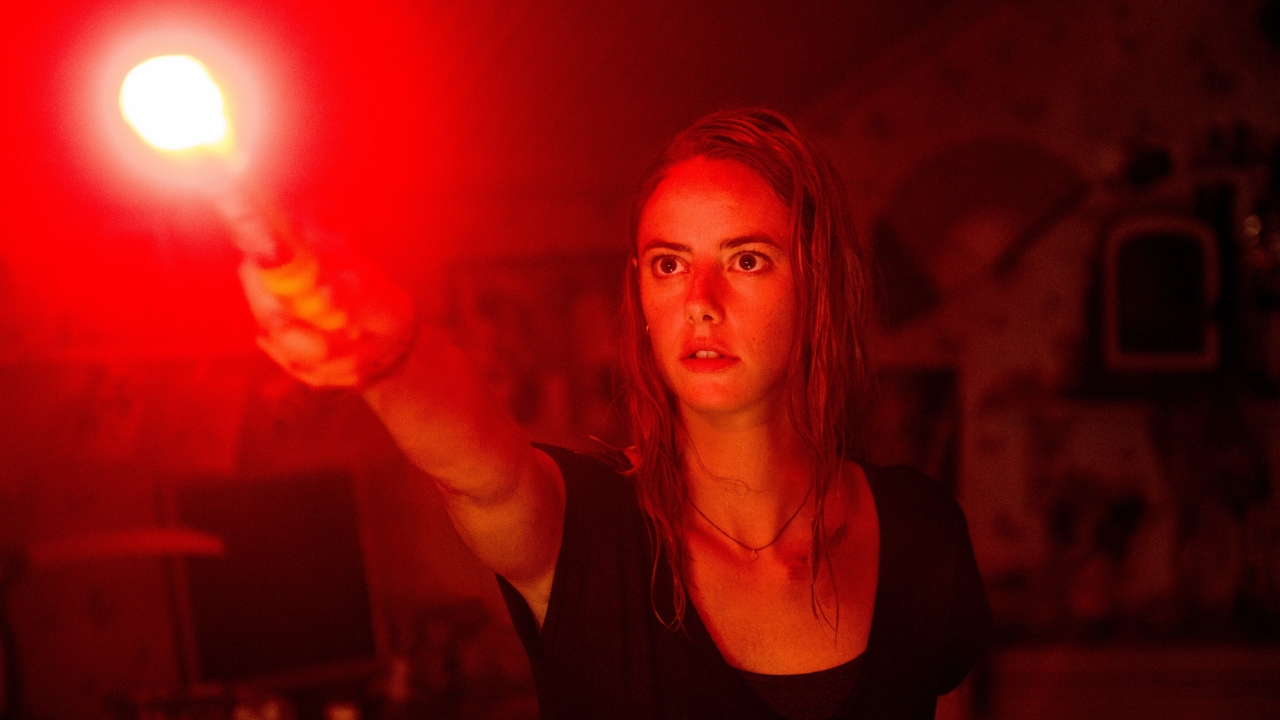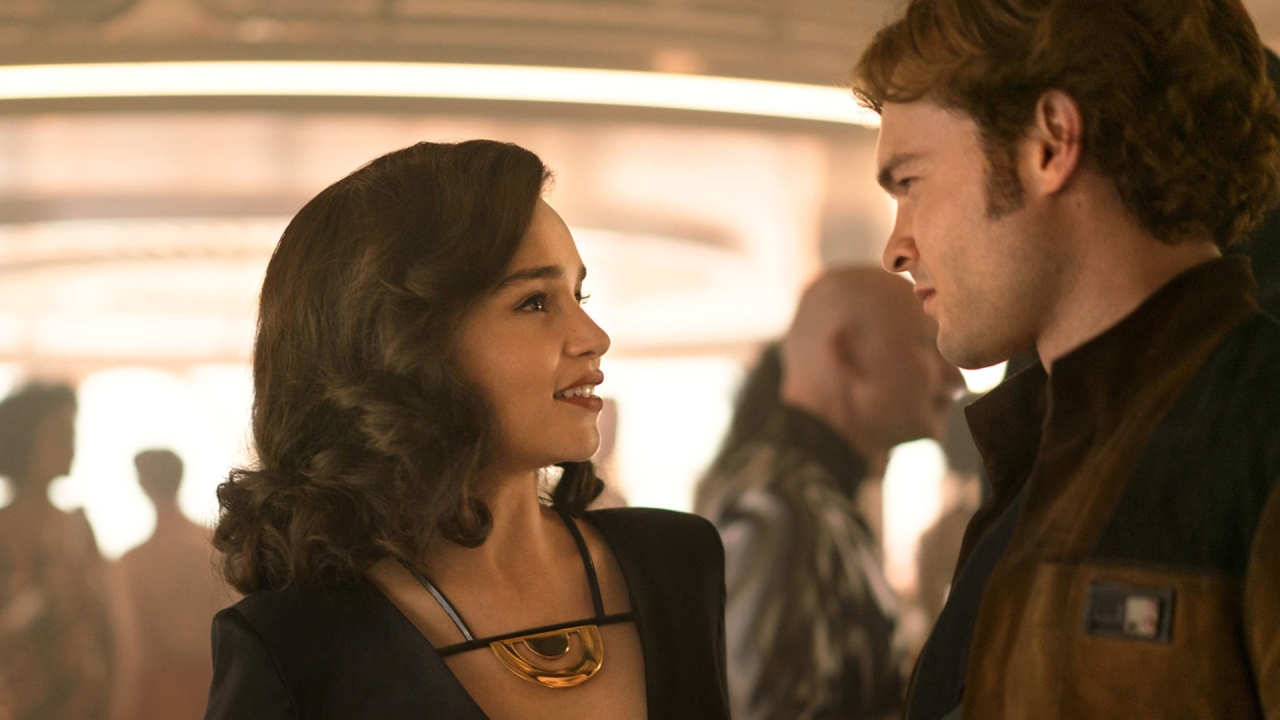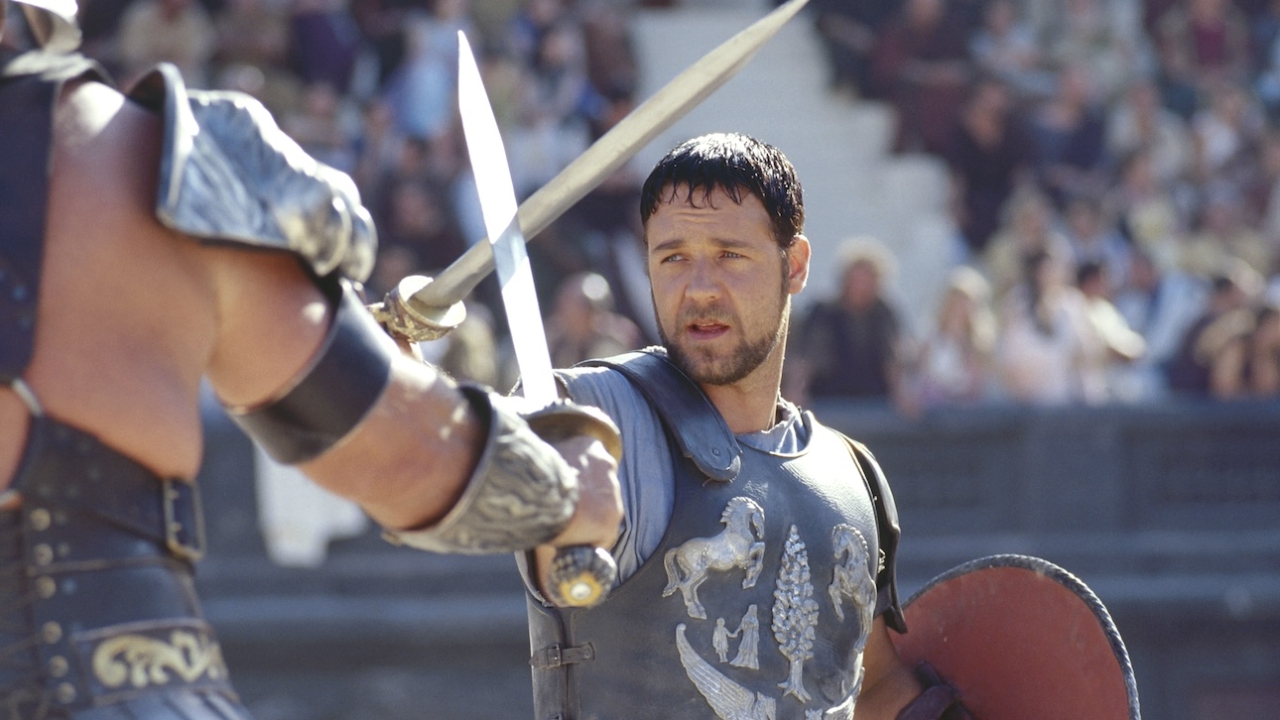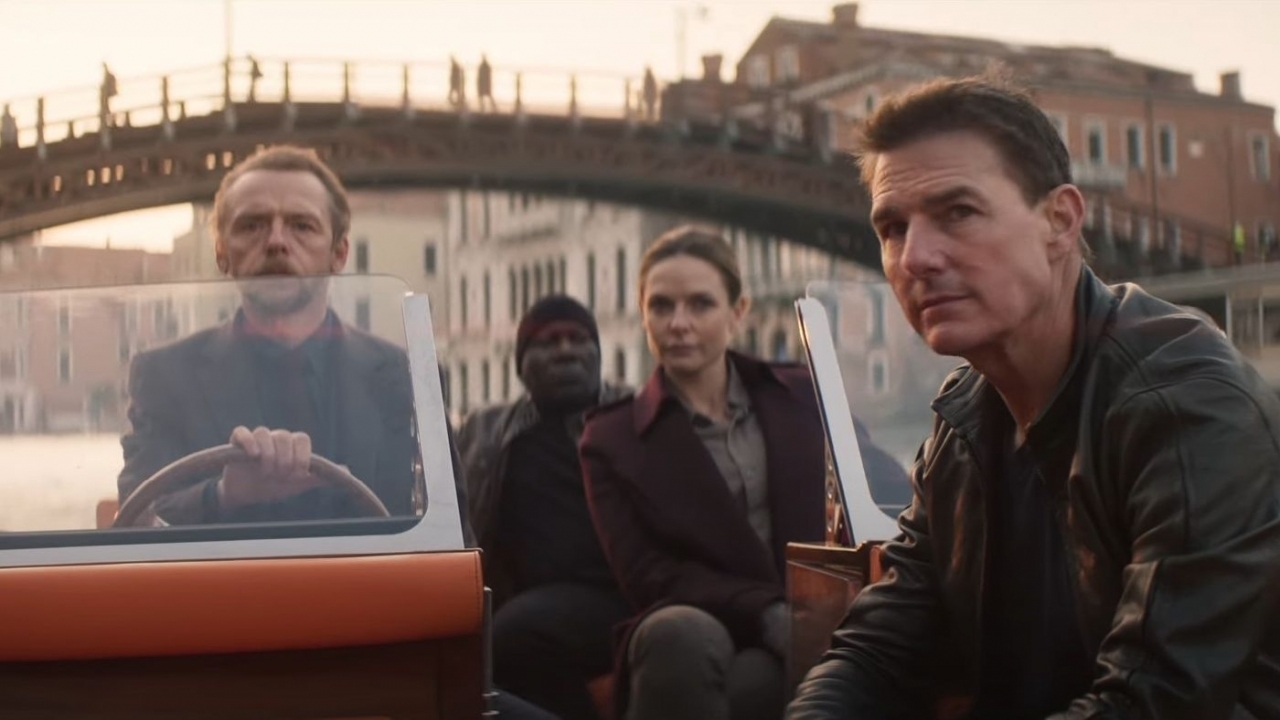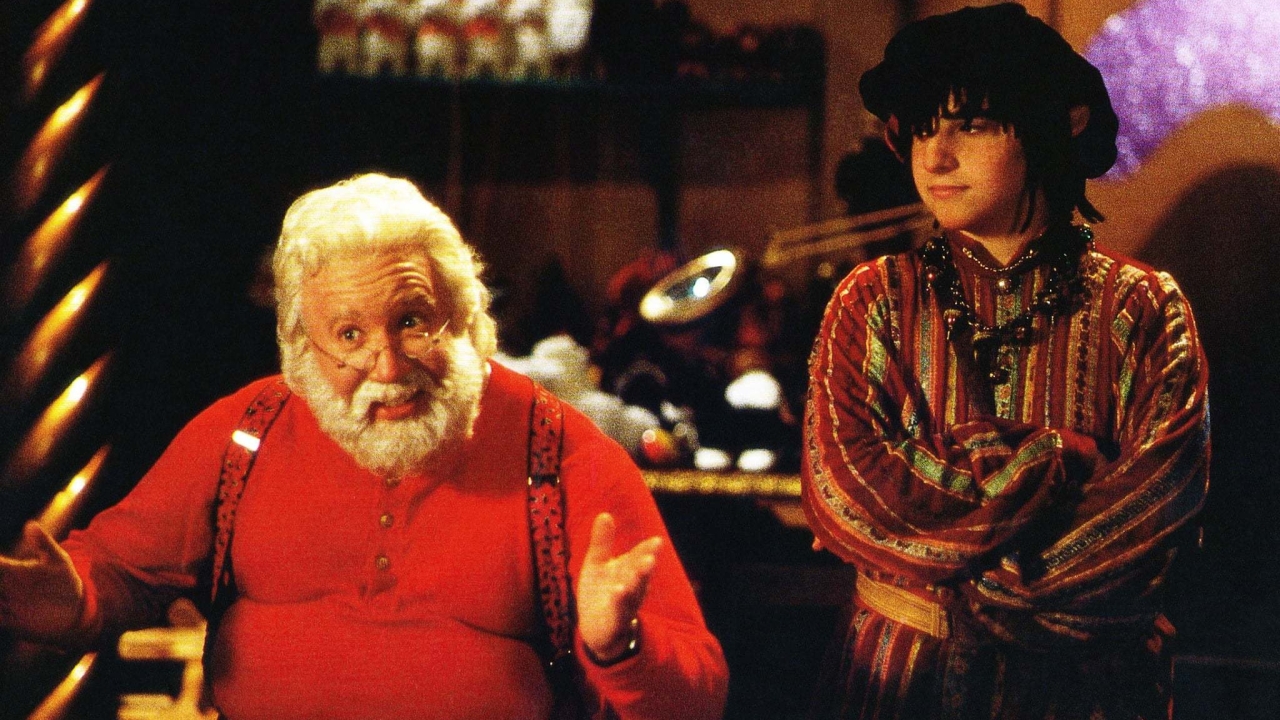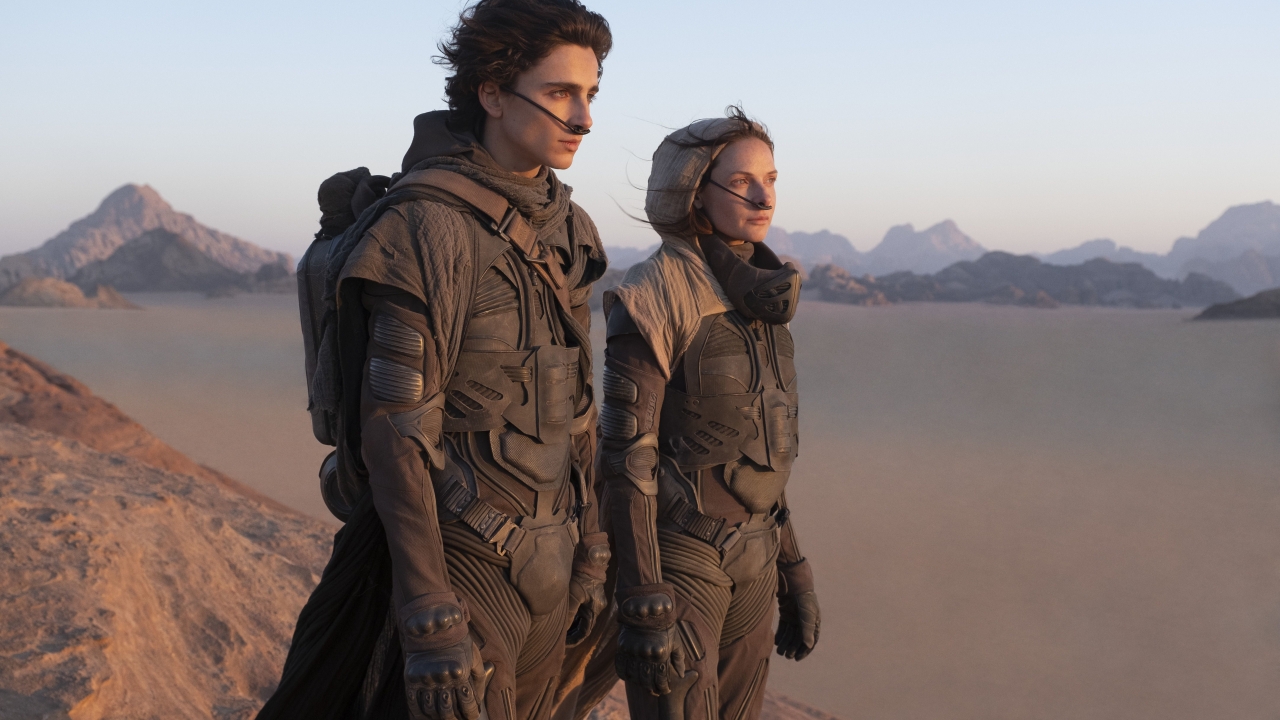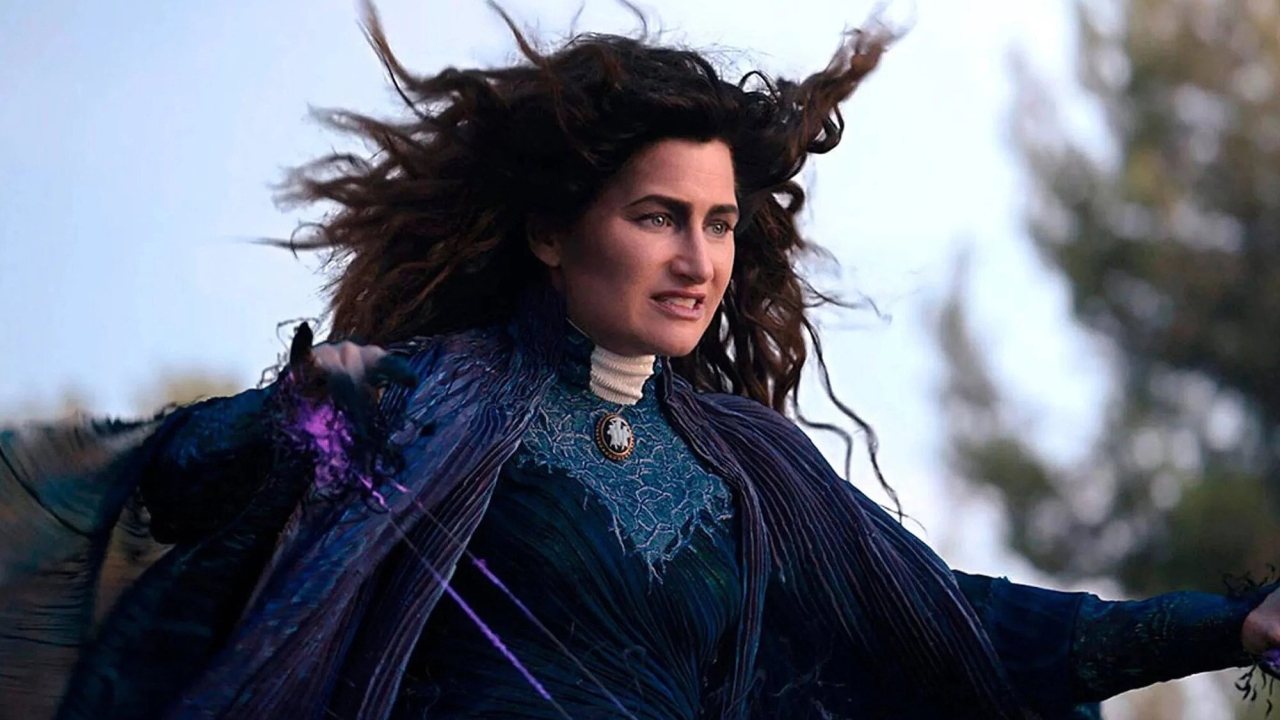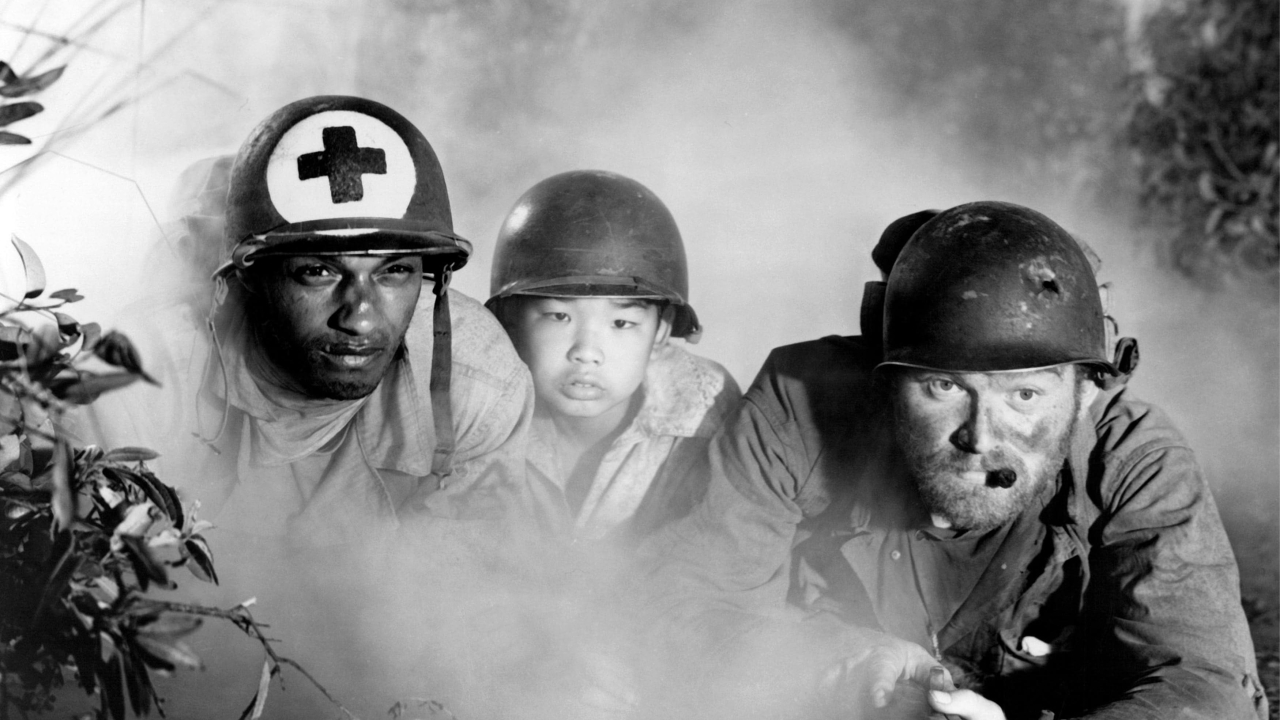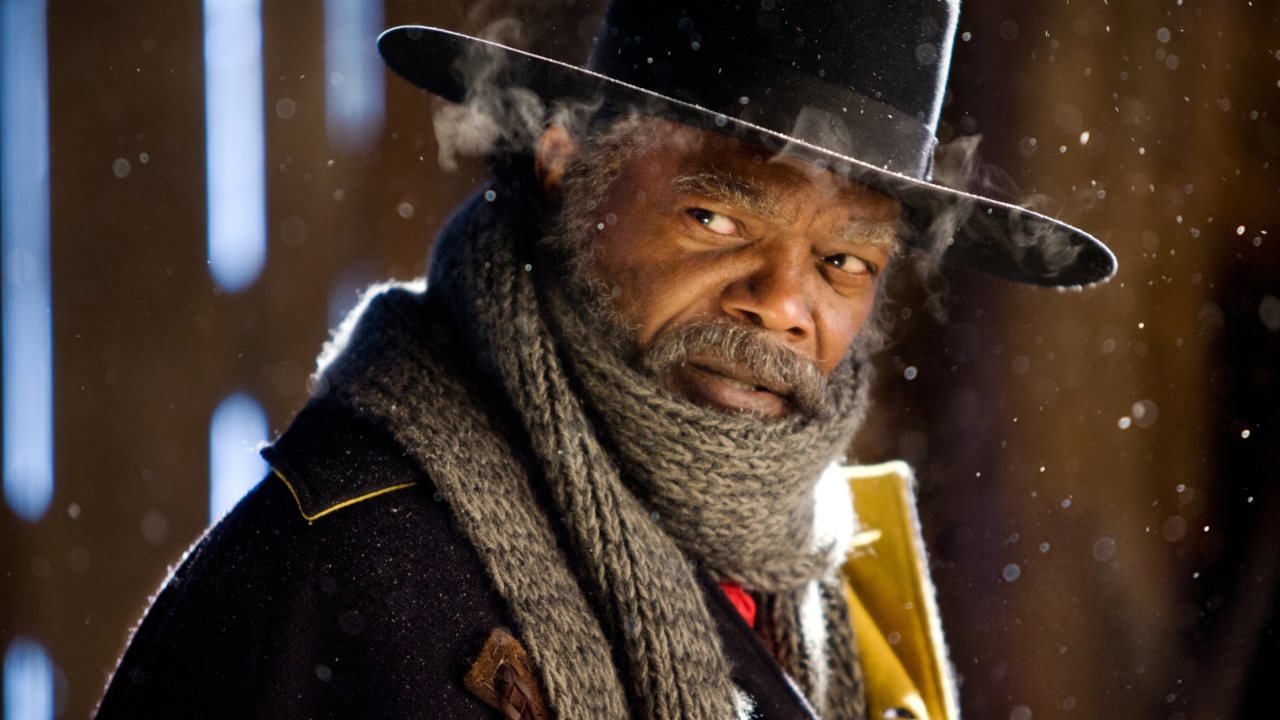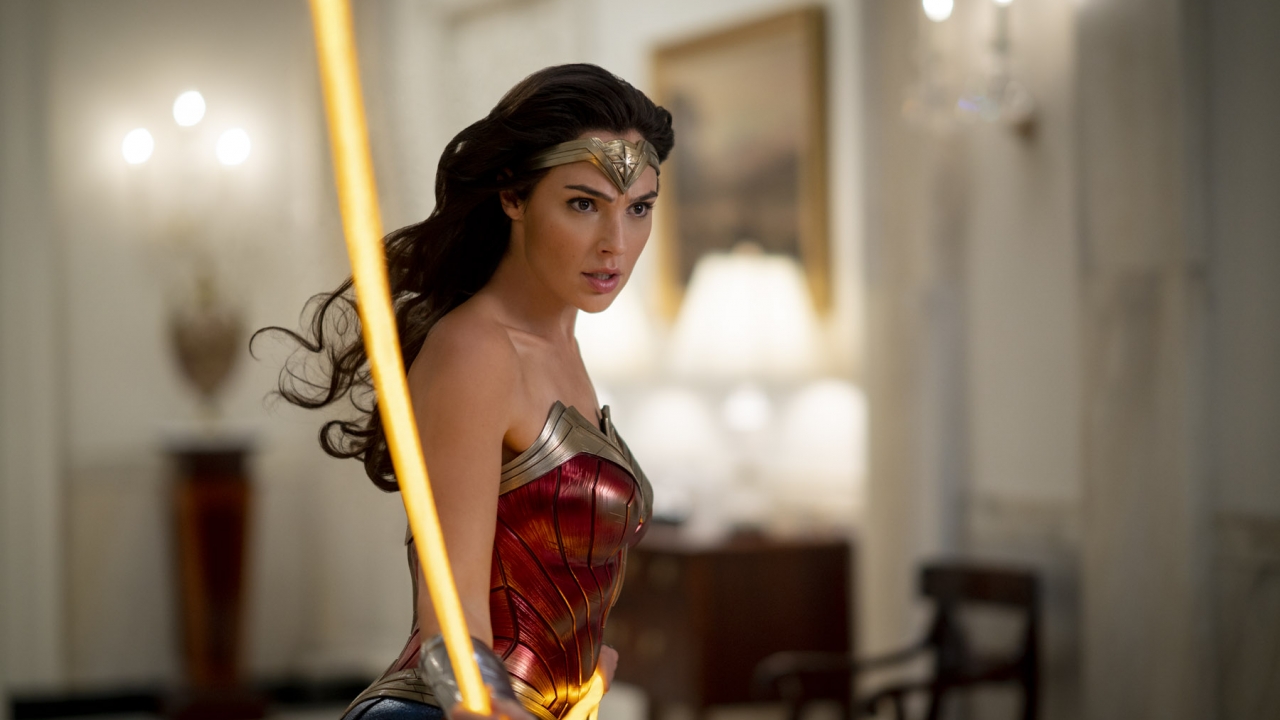Title: Denis Villeneuve's Dune: Part Two - A Bold Adaptation of the Source Material that Divides Fans and Delivers a Visually Stunning Cinematic Experience
News - 14 March 2024
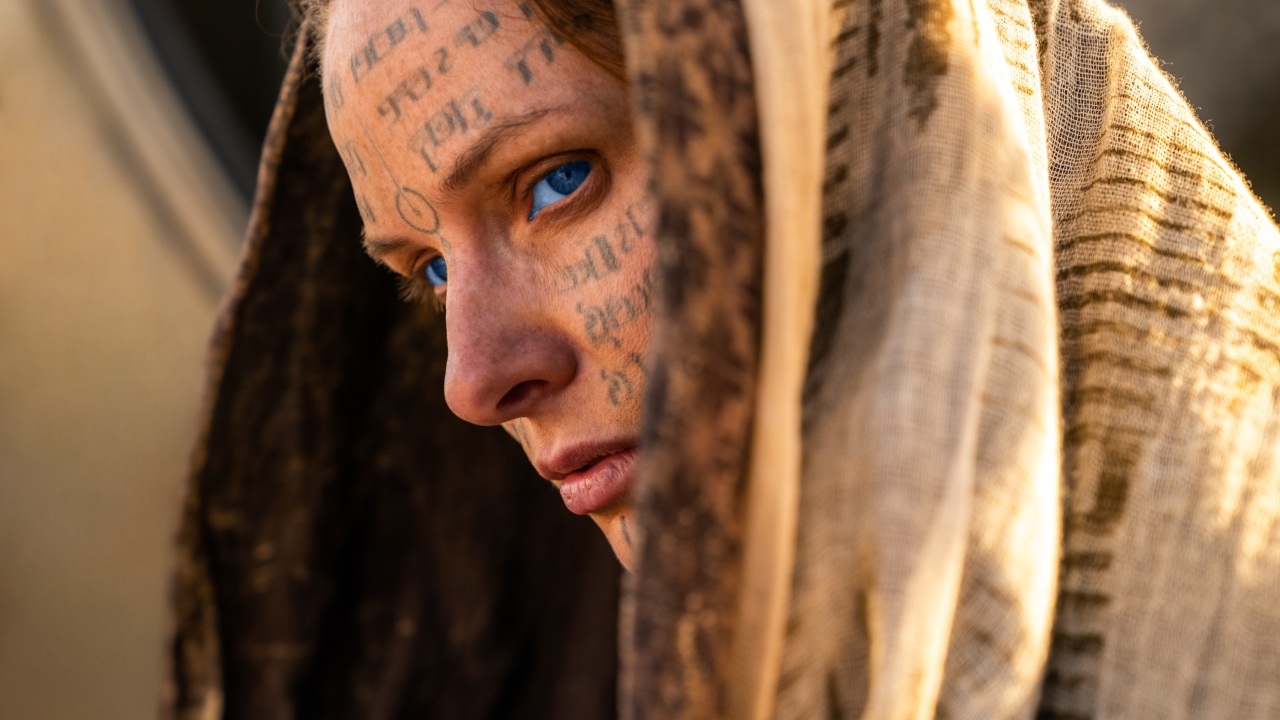
Denis Villeneuve has once again stunned audiences with his latest release, Dune: Part Two. The film has garnered high praise and positive reviews, but there have been some changes made to the source material that have divided fans. While some may argue that the blockbuster is a worthy adaptation, there are a few purists who have expressed dissatisfaction with the alterations.
Recently, Villeneuve revealed the reason behind the absence of Thufir Hawat in the film. Now, screenwriter Jon Spaihts is shedding light on another significant character, Lady Jessica. In the first installment of the film, viewers discover that Paul's mother, Lady Jessica, is pregnant.
However, in Dune: Part Two, audiences are introduced to Alia, portrayed by Anya Taylor-Joy, who is yet to be born. In the original book by Frank Herbert, Alia is already alive and plays a pivotal role in the story even as a young child. In the book, Alia is the one who ultimately takes down the Baron as a child.
However, in the film adaptation, Jessica communicates with her unborn child, setting a different tone for the character.Spaihts explains the rationale behind this creative decision, stating, "It's challenging to have a young child take on such a significant role in a film, especially in a way that feels authentic and fits within the narrative. We wanted to explore how the characters cope with the loss of Duke Leto in their own ways.
Jessica's interactions with her unborn child add a dramatic layer to her character development, showcasing her emotional turmoil after the Duke's death."The decision to alter these key elements from the book may not sit well with die-hard fans of the original material. However, Villeneuve and his team have stayed true to the essence of the story while making necessary adjustments to suit the cinematic medium.
The director's commitment to delivering a visually stunning and emotionally resonant adaptation of Dune is evident throughout both installments.In addition to the changes made to the character of Lady Jessica and the introduction of Alia, Dune: Part Two explores the political intrigue and power struggles within the universe of Arrakis. The film delves deeper into the complexities of the various factions vying for control, adding depth and nuance to the overarching narrative.
Villeneuve masterfully weaves together the personal journeys of the characters with the larger political landscape, creating a rich tapestry of storytelling that captivates audiences.While some may critique the deviations from the source material, it is important to recognize the challenges of adapting a complex and expansive novel like Dune for the screen. Villeneuve has successfully captured the essence of Herbert's original work while infusing his own vision and artistic flair into the narrative.
The filmmaker's dedication to honoring the source material while also reinventing it for a modern audience is commendable.Ultimately, Dune: Part Two stands as a testament to Villeneuve's prowess as a filmmaker and storyteller. The film offers a visually stunning and emotionally gripping experience that immerses viewers in a rich and intricate world.
By blending the familiar elements of the book with his own unique creative vision, Villeneuve has crafted a remarkable cinematic achievement that is sure to leave a lasting impact on audiences.In Conclusion, while some purists may take issue with the alterations made to the source material in Dune: Part Two, it is clear that Villeneuve's adaptation is a labor of love. The director's commitment to staying true to the spirit of the novel while also making necessary adjustments for the medium of film is evident throughout the film.
Dune: Part Two is a cinematic triumph that showcases Villeneuve's exceptional talent and passion for storytelling.
